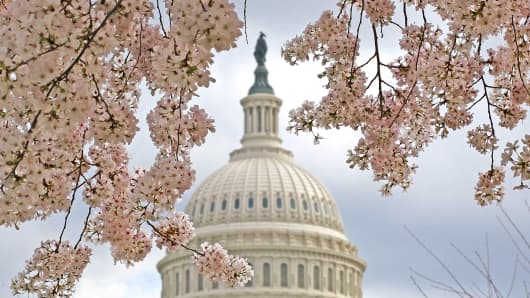While almost no one was looking, a law making it easier for congressional and top executive branch staffers to engage in corrupt trading was signed into law Monday.
The law is a modification of the Stop Trading on Congressional Knowledge (STOCK) Act. The modification was passed by unanimous consent by the House and the Senate last week with no debate or even discussion.
The STOCK Act, which became law just a year ago, was designed to discourage insider trading by members of Congress and top government officials. In addition to outlawing trading based on non-public information gleaned by government officials during the course of their public duties, the law required extensive disclosure of financial holdings by Congressional staffers and 28,000 senior executive branch employees.
The financial disclosures of these officials were to be posted in an online database open to the public.
The disclosure requirements were an important part of the law. They would have allowed researchers to detect abnormally successful trading activity by unelected senior government staffers—just as similar disclosure requirements for Congressmen and Senators had allowed scholars to produce evidence that suggested members of Congress were benefiting from non-public information.
Currently, although the reports of staff financial positions are officially part of the public record, they aren't readily available. Often they have to be requested from individual agencies using the names of the individuals about whom information is sought. The result is that the public is effectively blocked from learning the information disclosed in the reports.



